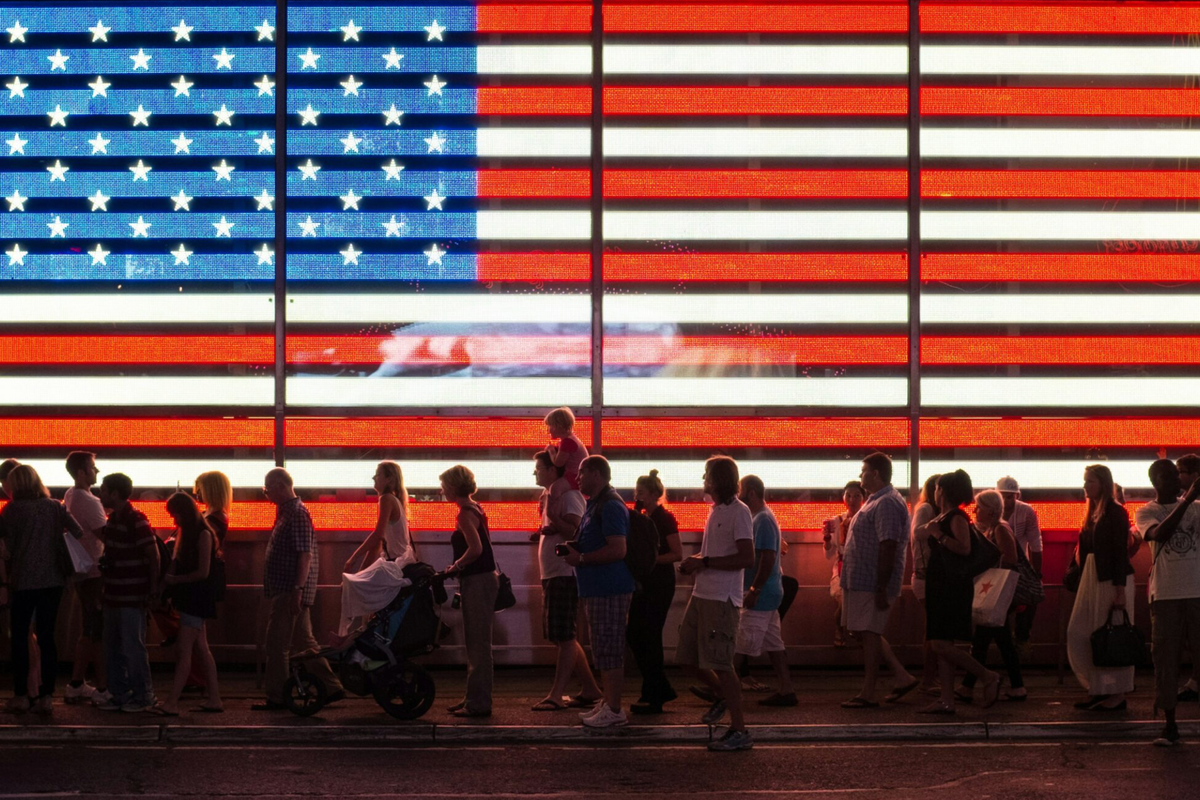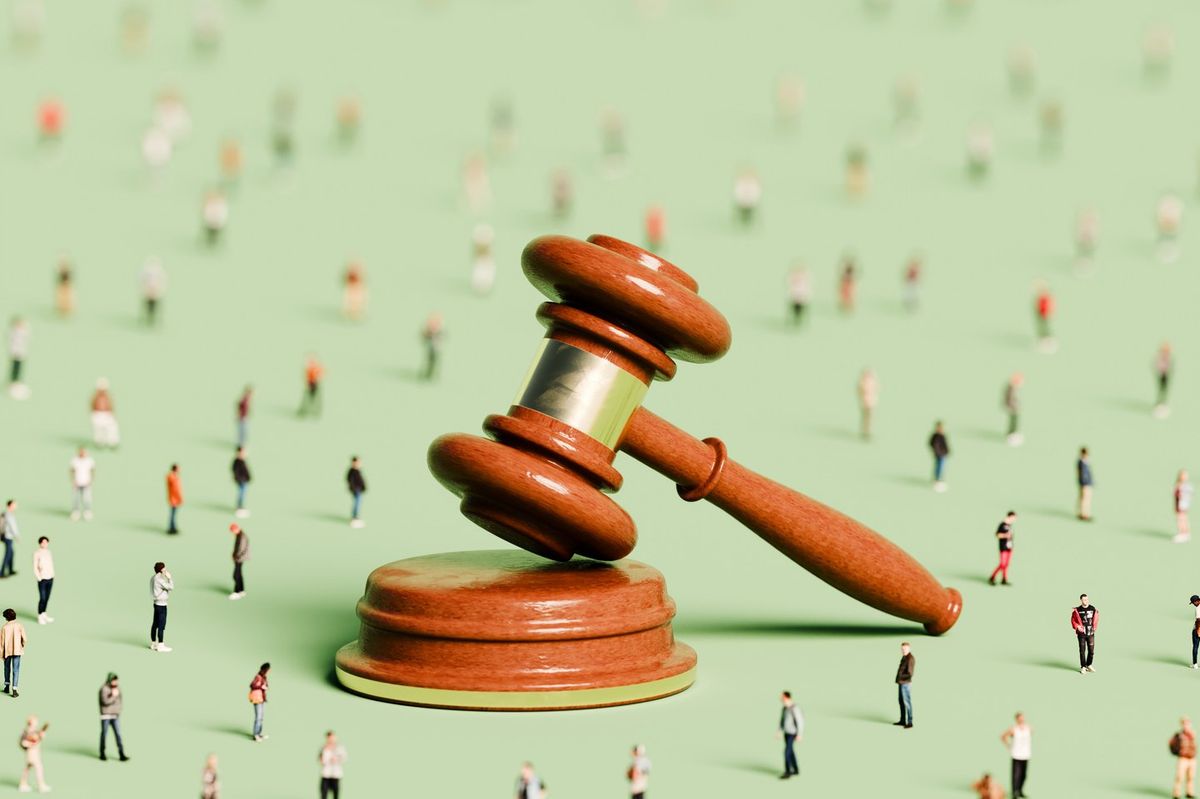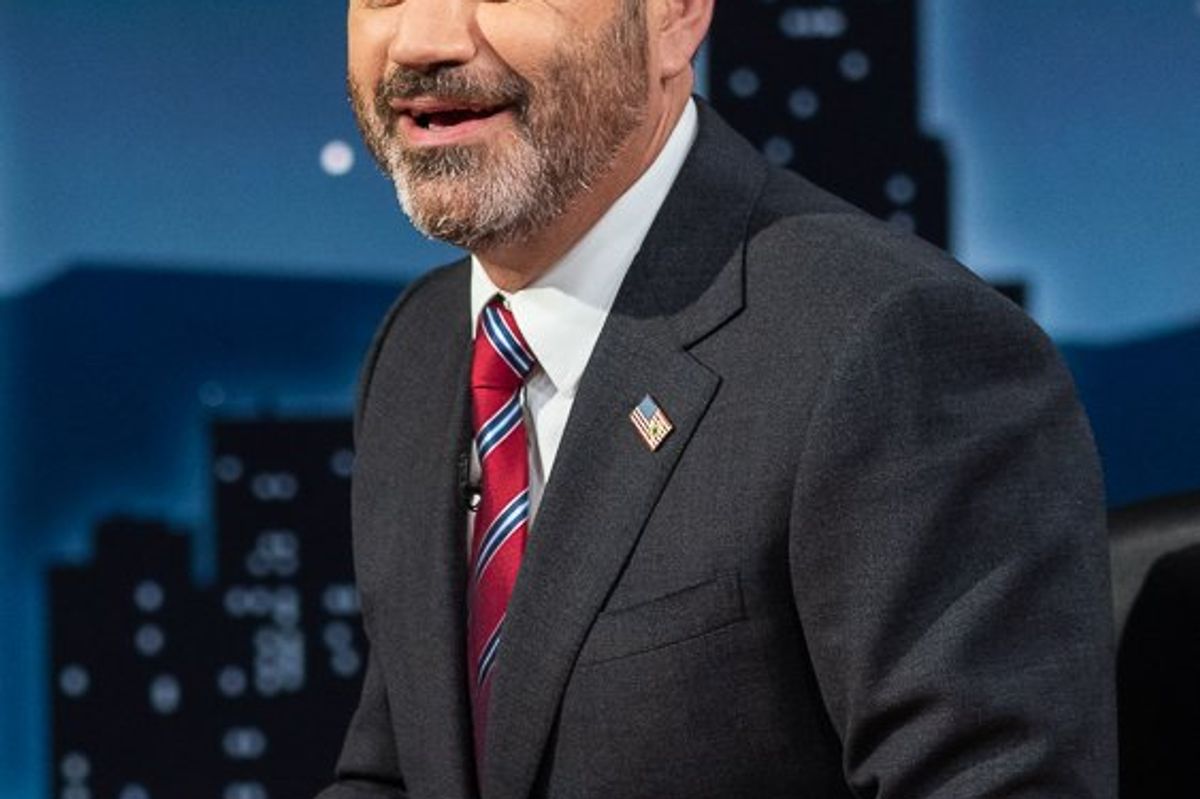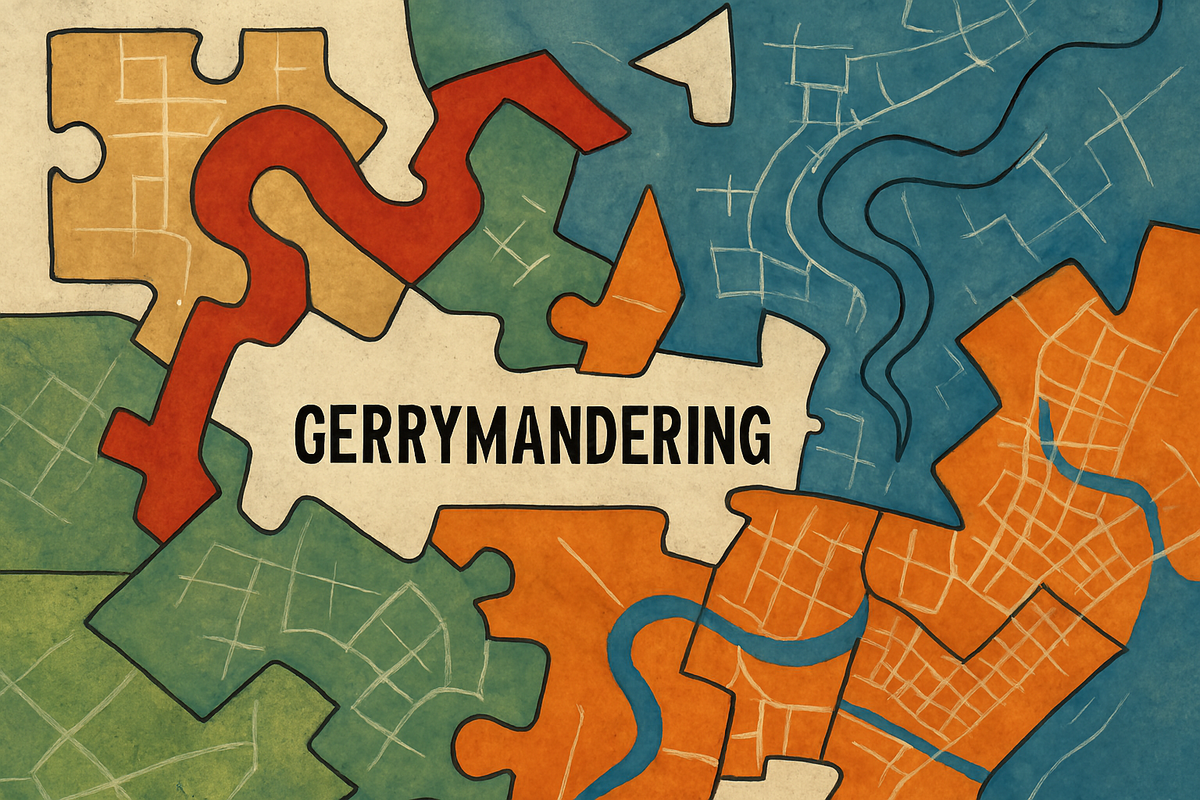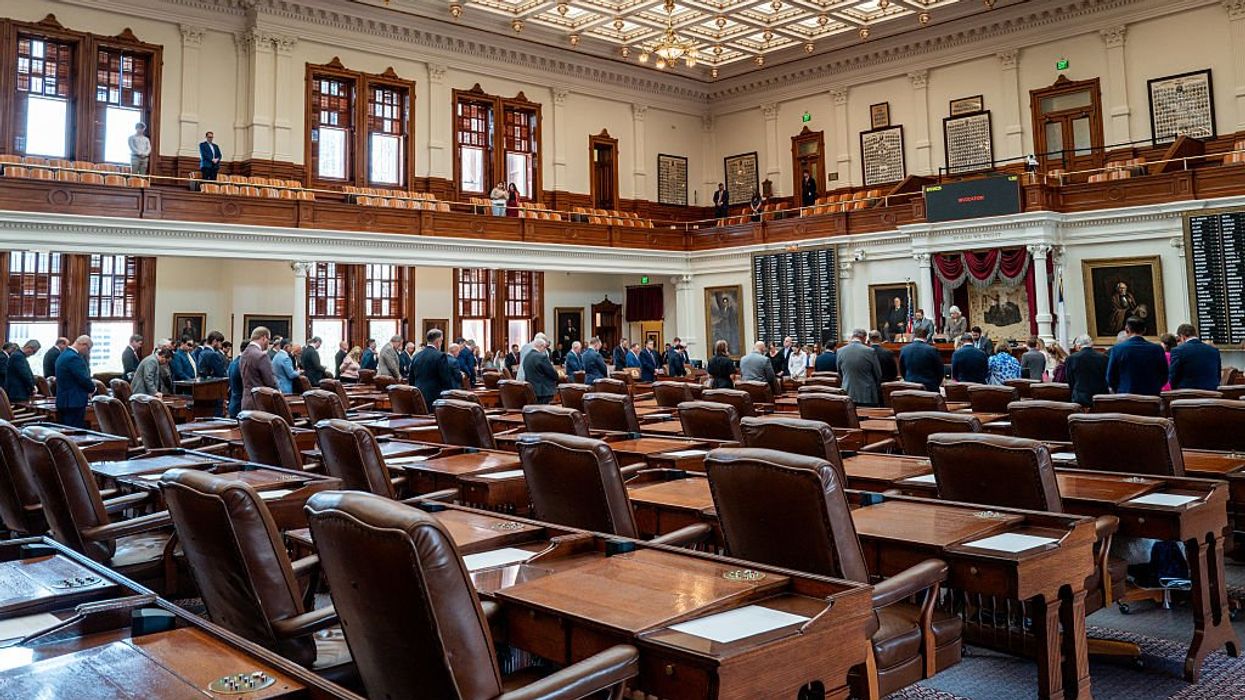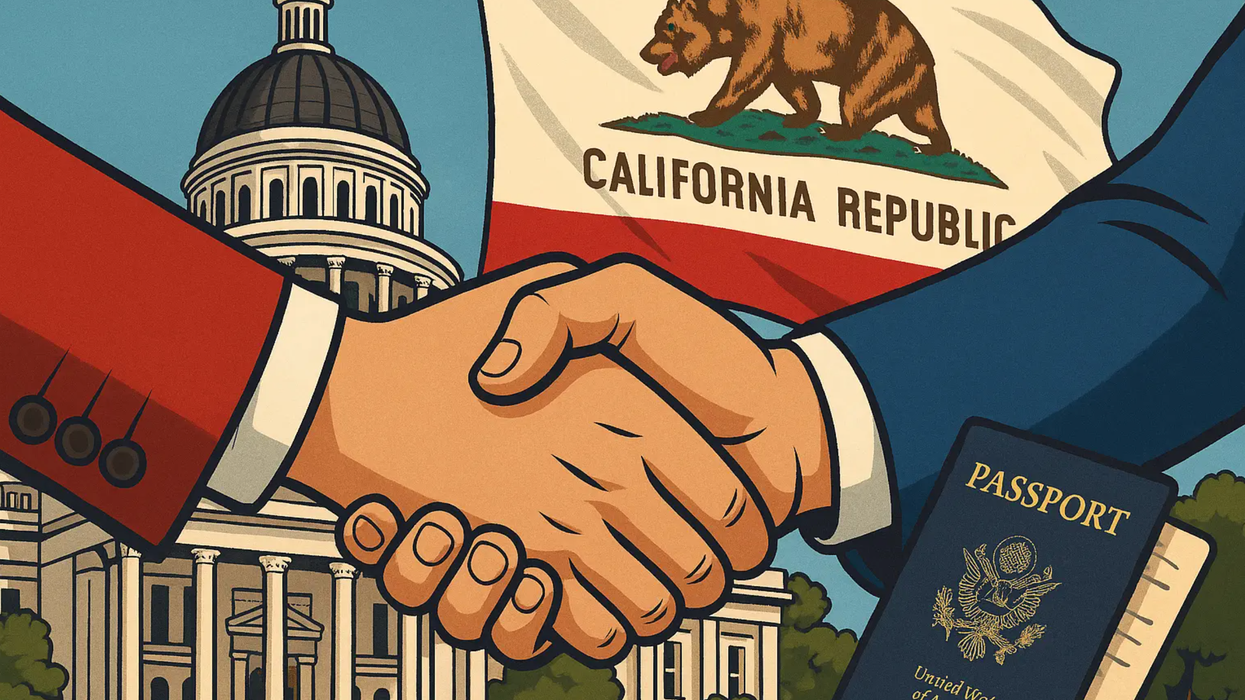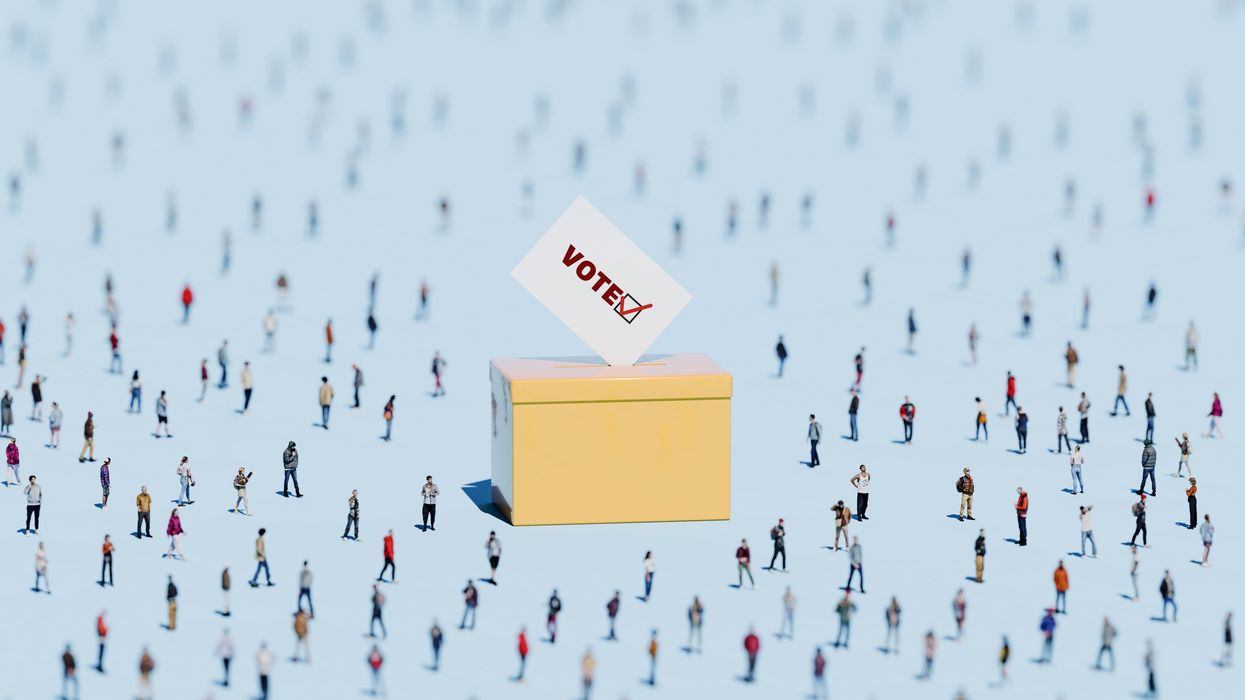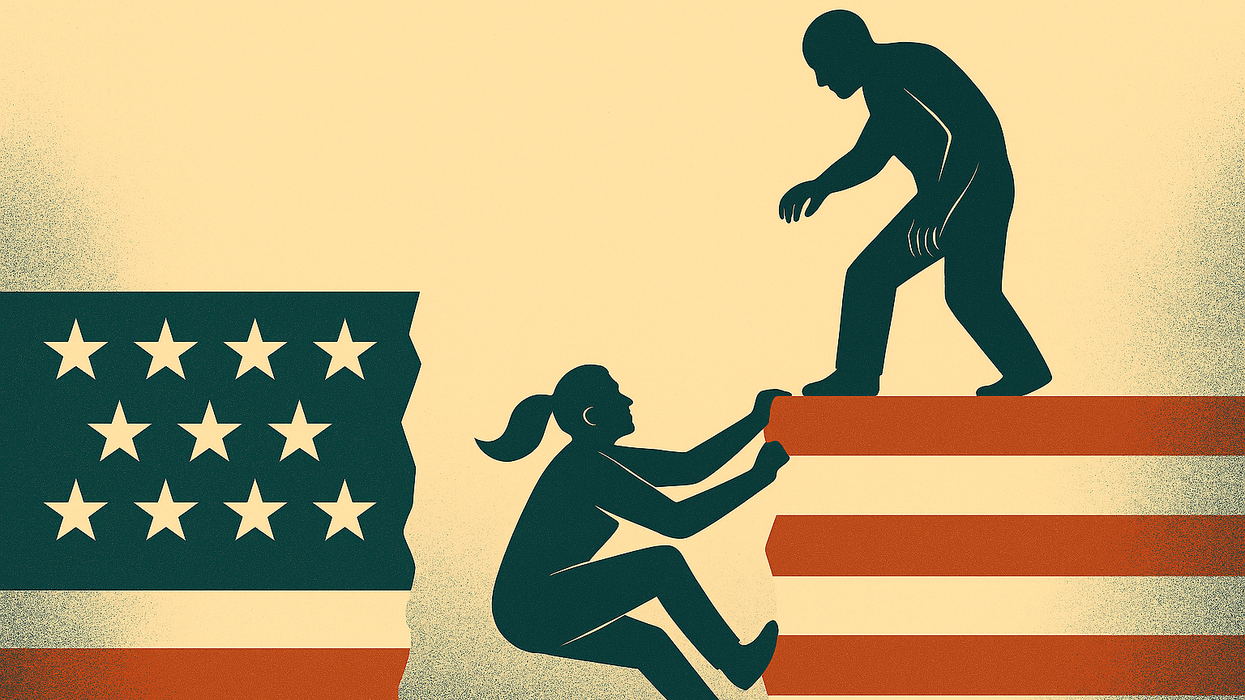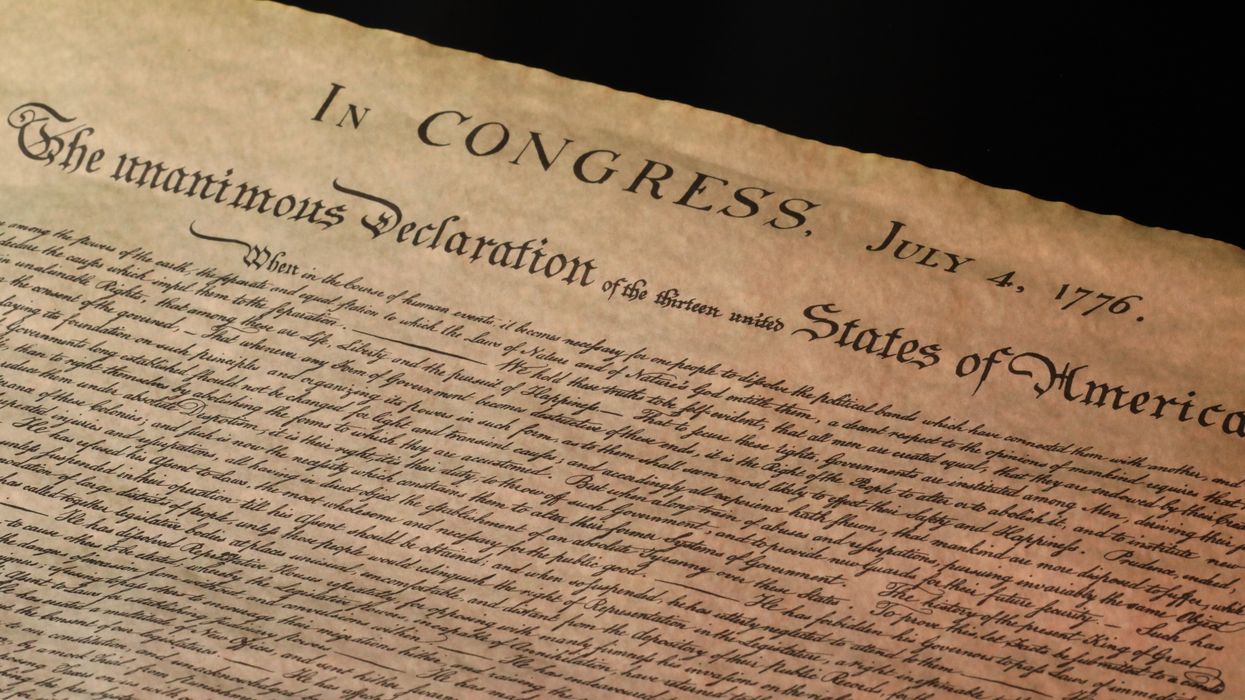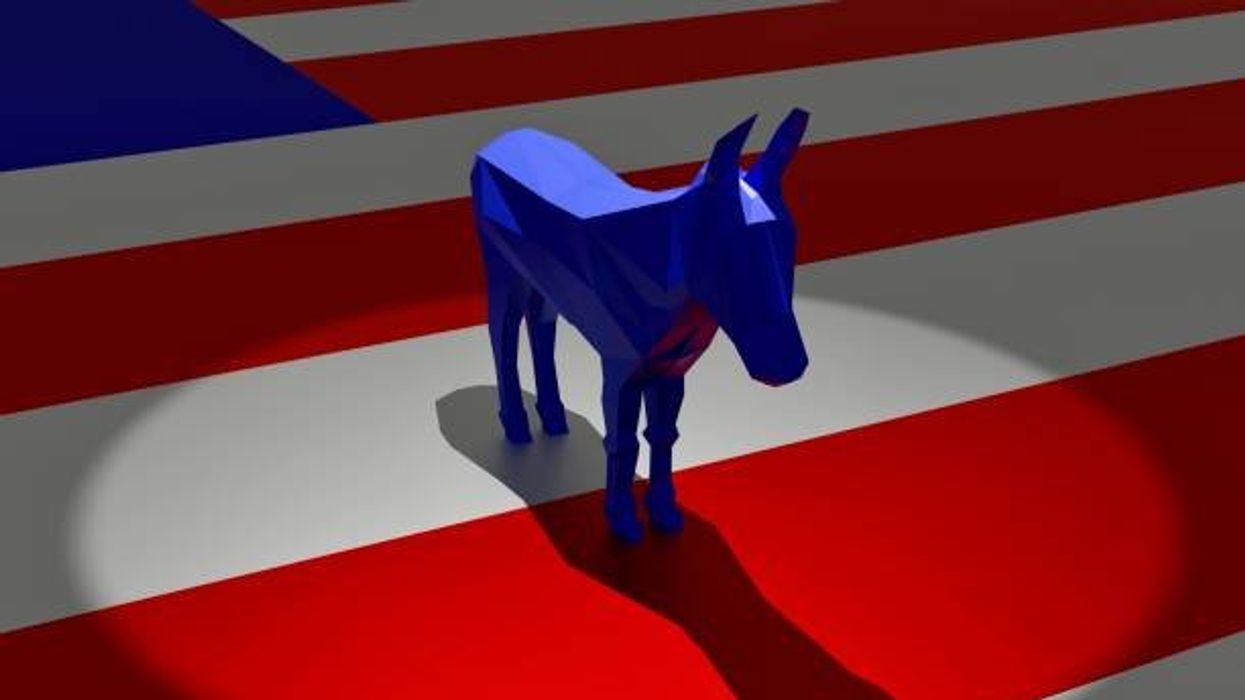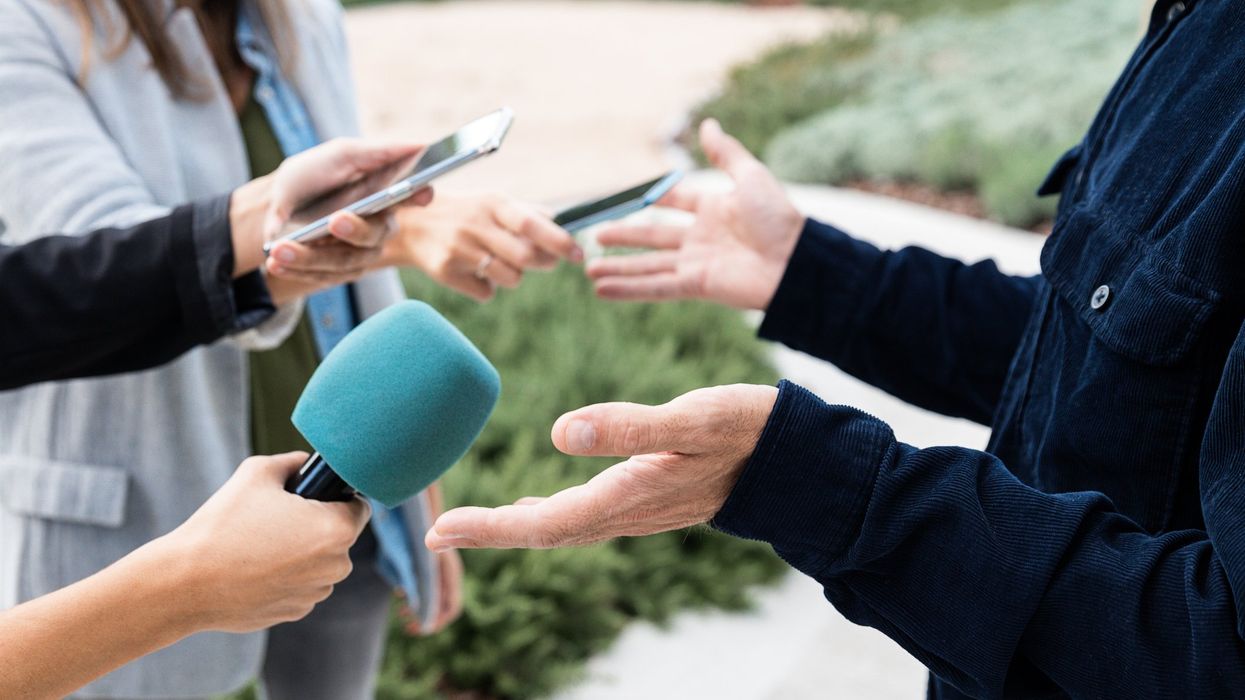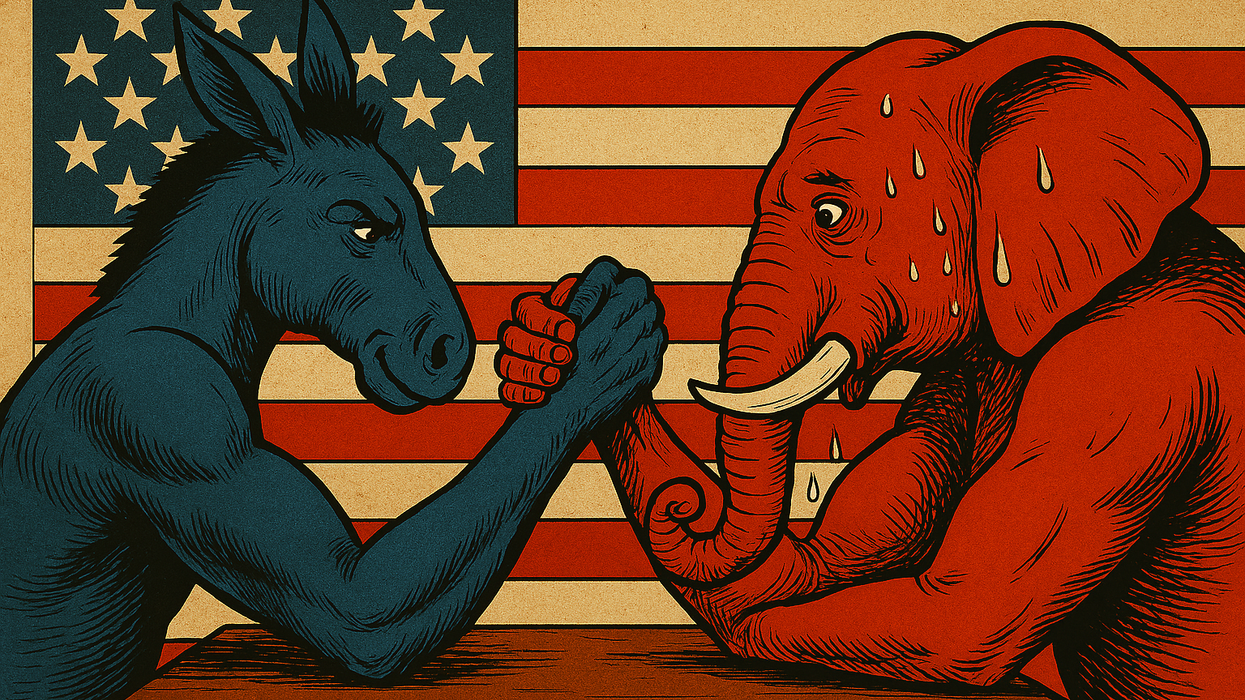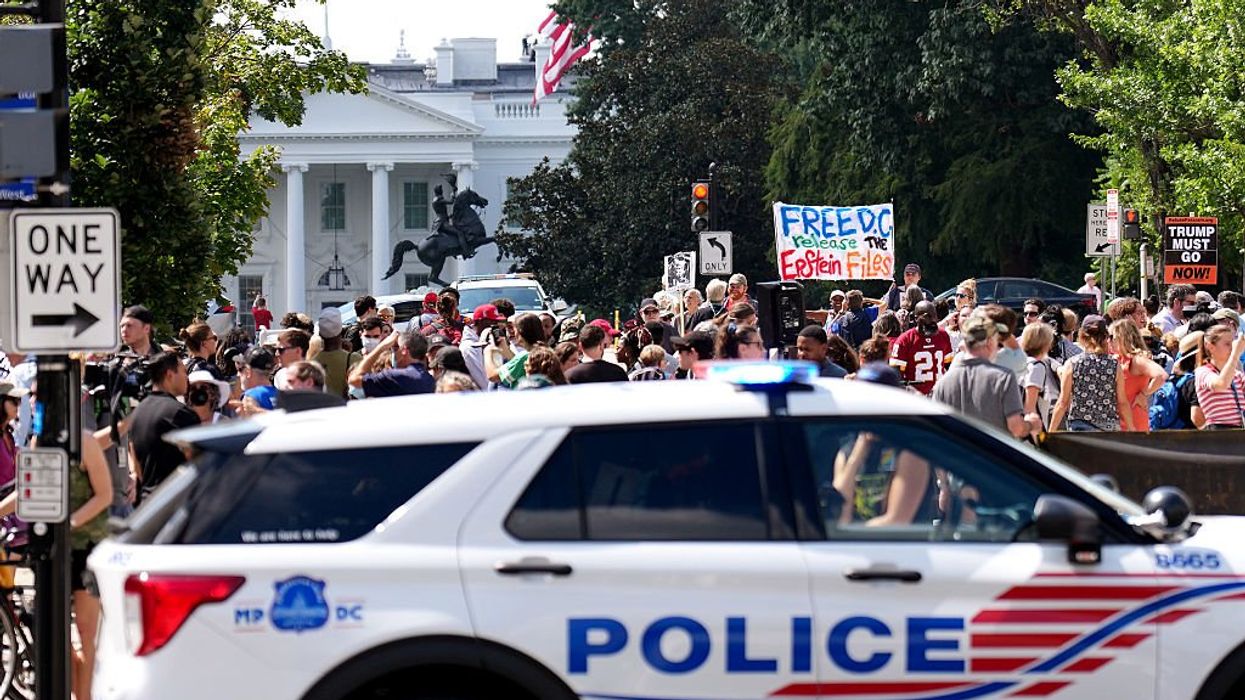President Trump says the Justice Department will send a "surge of federal law enforcement" into American cities run by "extreme politicians" who are on an "anti-police crusade" — including Chicago, Kansas City, Albuquerque, Cleveland, Detroit and Milwaukee.
Those places may soon see legal battles like the ones in Portland. Four notable federal lawsuits are already challenging actions of the federal agents purportedly sent to protect federal property on the July 4 weekend and remaining in Oregon's largest city four weeks later — with only a tentative, phased withdrawal agreement between the state and the Trump administration set to begin on Thursday.
A surge of hundreds of federal officers into American cities would represent an unprecedented expansion of the role of the federal government into local police matters.
Together, the Portland lawsuits ask the court to delineate, and enforce, constitutional limits on the federal government's ability to override state and local law enforcement and use police tactics that violate protesters' constitutional rights.
Since May 29, Portlanders have marched, sung, chanted and stood together to demand racial justice and condemn police violence against Black Americans.
Local officials and observers describe a fringe minority of protesters aiming laser pointers at officers, throwing cans, breaking windows, setting dumpsters on fire and shooting fireworks at the federal courthouse. One was arrested for allegedly attacking a federal officer with a hammer.
In response, the Department of Homeland Security has deployed paramilitary-style units. The president has characterized the operation as limited to protecting federal property and personnel and enforcing federal law – but also restoring public safety after liberal politicians "put the interests of criminals above the rights of law-abiding citizens."
State and local officials and observers say those federal agents are detaining and arresting innocent protesters. They also say federal officers have fired non-lethal rounds, pepper balls and tear-gas canisters at peaceful protesters, journalists, medics and legal-rights observers.
In a court filing, the city says the presence of heavily armed federal agents is not keeping order, but rather "escalating violence, inflaming tensions in our city and harming Portlanders." The city also says that "credible allegations have been made that the federal government has effectively kidnapped people off Portland streets, among other abuses of power."
The first lawsuit was filed by six journalists and legal observers seeking to stop Portland police from assaulting reporters, photographers and legal observers documenting the police's violent response to protests. After the arrival of federal agents, the suit expanded to include the Department of Homeland Security and the U.S. Marshals Service.
Last week, District Judge Michael Simon rejected the government's argument that the force used was one of the "'unintended consequences' of crowd control," and he told federal agents they could not arrest or use physical force on journalists or legal observers — or stop them from recording what they saw.
In the second lawsuit, state Attorney General Ellen Rosenblum is seeking to stop federal agents from detaining or arresting people without probable cause or a warrant, and to require federal agents to identify themselves and their reason for an arrest or detention.
Citizens rightly fear "being thrown into a van by anonymous agents," the suit says, which infringes on their First Amendment rights to protest. It also says citizens have Fourth and Fifth Amendment rights not to be snatched "off of the streets without probable cause" by unidentified officers in unmarked cars.
On Friday, District Judge Michael Mosman denied Oregon's request to immediately bar such behavior, saying there was not enough evidence to show a pattern of unlawful detentions and finding the state did not have standing to seek the temporary order.
As the parties prepare their next moves, governors throughout the country will be watching to see if the judge recognizes a state's interest in local police matters and its standing to sue federal agencies to protect the constitutional rights of its citizens.
The third case focuses on the 10th Amendment, which says that, except for the federal powers spelled out in the Constitution, all other powers are reserved to the states and its citizens.
The plaintiffs maintain federal agencies are infringing on Oregon's sovereign powers to police Oregon streets. They say the deployment of federal law enforcement officers infringes on the power of Oregon citizens to hold state and local police accountable.
The lawsuit also argues the federal response violates the First Amendment rights of the First Unitarian Church of Portland, whose religious practice includes activism and protest in the face of injustice.
While the federal government has a right to protect its property and personnel, the suit says, "defendants have far exceeded these constitutional limitations" in Portland.
What happens next depends in part on whether the plaintiffs ask for an immediate order requiring the federal agencies to leave local policing to state and local law enforcement.
In the fourth case, street medics who tended to protesters have sued both the city and federal agencies, saying their First and Fourth amendment rights were violated when "police and federal agents brutally attacked volunteer medics with rubber bullets, tear gas, pepper spray, batons and flash-bangs."
The medics want a court order to protect them from further harm. A ruling is likely in the coming week.
The theme of urban violence used by Trump plays on white fears of Black people and those living in extreme poverty.
Trump uses coded racist language to paint a picture of cities "plagued by violent crime," "heinous crimes" and "bloodshed." He claims that local leaders have abdicated their duty to protect citizens, requiring the federal government to step in.
The nation was founded on the principle that freedom is safeguarded by two governments — a federal government with specific and limited powers, and state governments with all other powers.
The Constitution reserves to the states an expansive power to police because that allows for law enforcement policies that reflect local circumstances and customs, and are responsive to the concerns of local citizens – which is exactly what Black Lives Matter and other protesters are now demanding in Portland and throughout the country.
This is republished from The Conversation under a Creative Commons license. Click here to read the original article.
